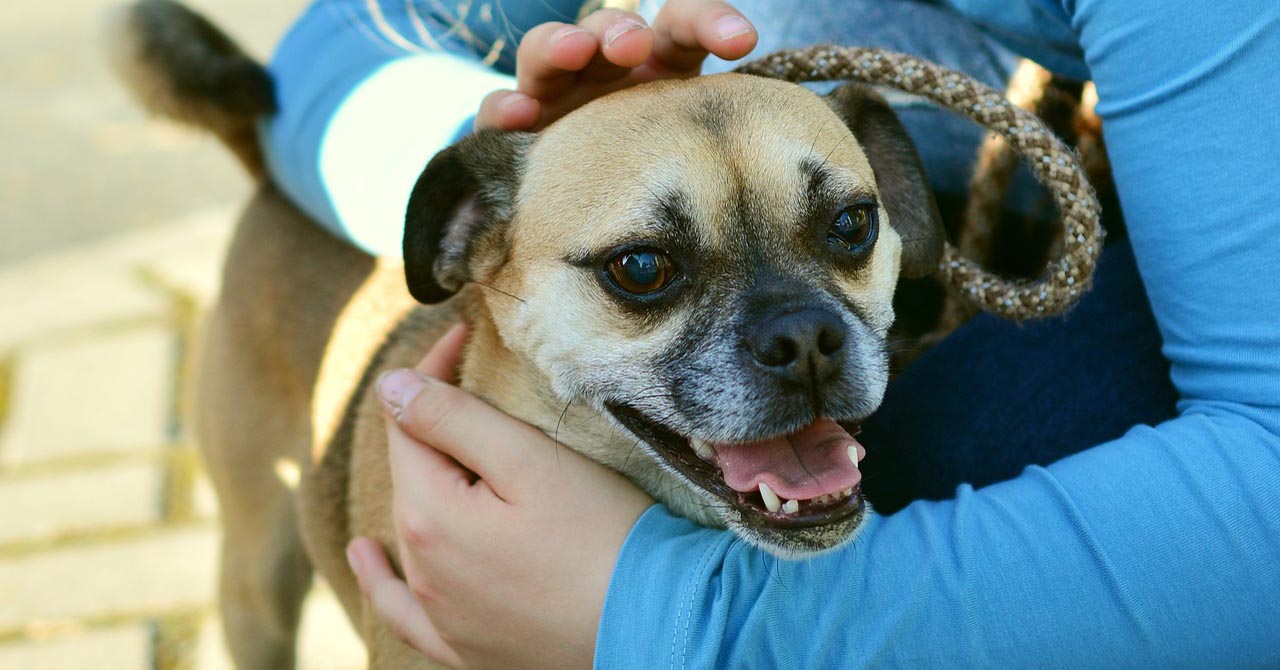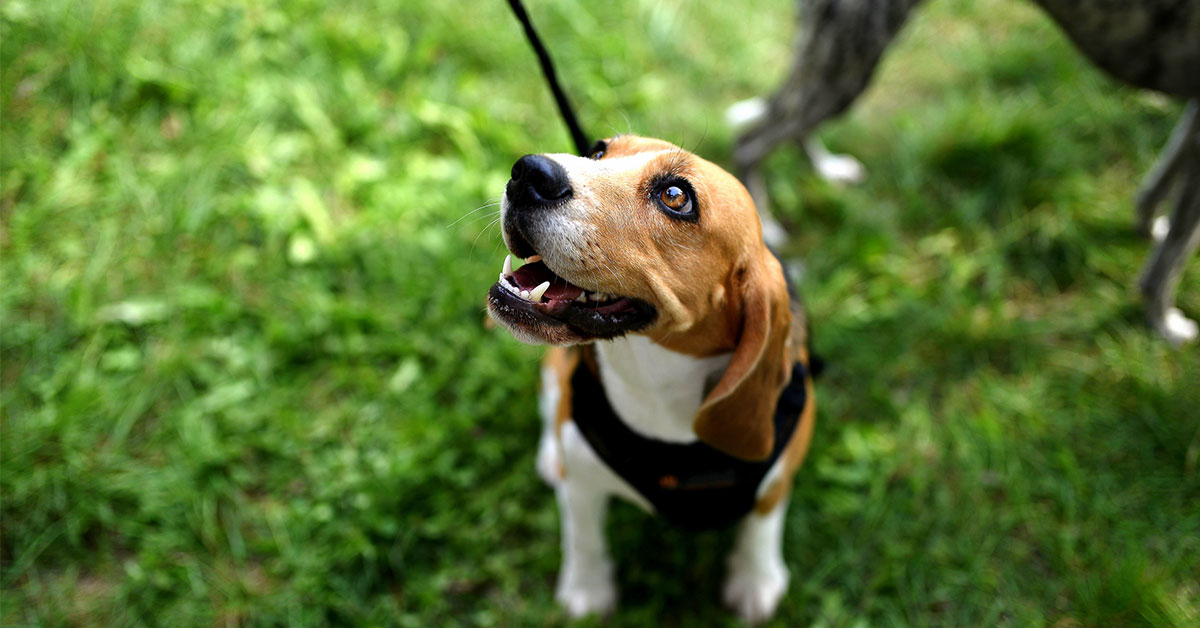When you take an afternoon stroll at one of Knoxville's wonderful parks, you are likely to see all sorts of dogs! Some may be happy and eager to greet people and dogs, others may be lunging, growling, snapping, and might have everyone taking a step back. What makes the difference between the two dogs? Is one dog nice and while the other is simply mean? Dog aggression is usually a symptom of a bigger underlying problem called stress. Stress can make even the nicest of dogs turn into Kugo under the certain circumstances. It's not mean, it's mental. But dogs live the life of luxury; cushy beds, trips to the dog park, a basket full of dog toys. They don't have to work, pay bills, or manage a household, what in the world do they have to be stressed about?
Stressors That Lead To Aggression
- Rough Past Sometimes it a simple as reflecting on your dog's past experience. Were they ever abused or have they previously experienced a dog fight? That past experience has probably trained them react aggressively to similar stimuli.
- Lack of Experience Maybe your dog hasn't had a bad experience with another dog or person, actually maybe they haven't had many experiences at all now that you think about it. With this type of scenario the dog may be experiencing stress because they aren't socialized enough and don't know what to expect out of other people and dogs
- Boredom Every single dog, big or small, lazy or energetic needs mental stimulation and purpose in their life. If they aren't getting what they need, they may seek out entrainment and purpose in the form of guarding. Whether that means they are guarding their owner, food, or other dogs in their group through acts of aggression.
- Fear Not every dog is a social butterfly dying for attention and interaction. So when an off leash dog runs up in their face or a person screams with glee and reaches out to pet them, some dogs may react aggressively out of fear.
Punishment Isn't A Solution
Have you heard of Pavlov Dogs? Pavlov would ring a bell and then feed his dogs a bowl of food. After many repetitions, he rang the bell and observed the dogs salivate as an immediate response to the bell. Dogs are hyper observant and extreme creatures of routine. So let's imagine this scenario, let's say a dog sees another dog and has a reaction their owner doesn't like, the owner applies a punishment the dog doesn't like and this causes stress. After so many repetitions how do you think the dog will instantly feel when seeing a dog down the street? The hope with punishment based techniques is that the dog learns to associate the punishment with the behavior. But after so many zaps, pinches, and yanks any dog would be just as likely to learn it only happens around certain stimuli.
There is Hope
These dogs aren't doomed to be aggressive and feared forever. With a positive reinforcement training approach, these types of dog's have a chance at rehabilitation, no matter what stressor is causing the aggression. A positive reinforcement dog trainer can work to create good experiences for the dog with the rough past or the dog lacking experience all together. They can also give dogs a new purpose in life besides guarding and, believe it or not, they can even build up a dog's confidence to eliminate fear. Positive Reinforcement Dog Training is such a great way for dog owners to learn how to understand their dog's behavior and how to use gentle techniques that rely on communication and teaching, never punishment.
Do you need help addressing aggression with your dog? Schedule a FREE Meet and Greet with a My Curious Canine dog trainer today to discuss what is causing your dog's aggression and how we can help!







